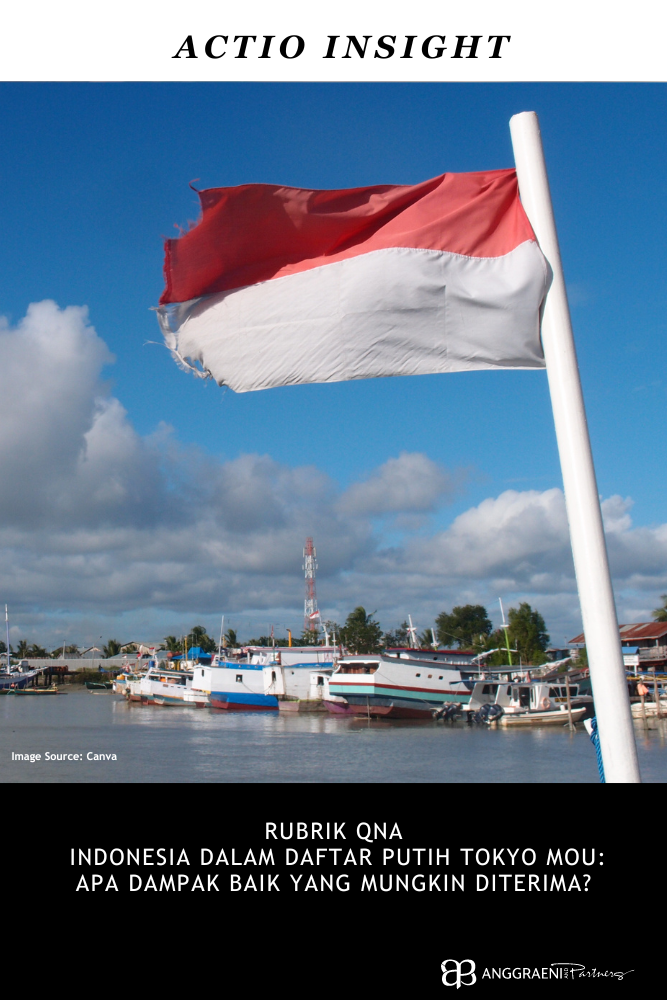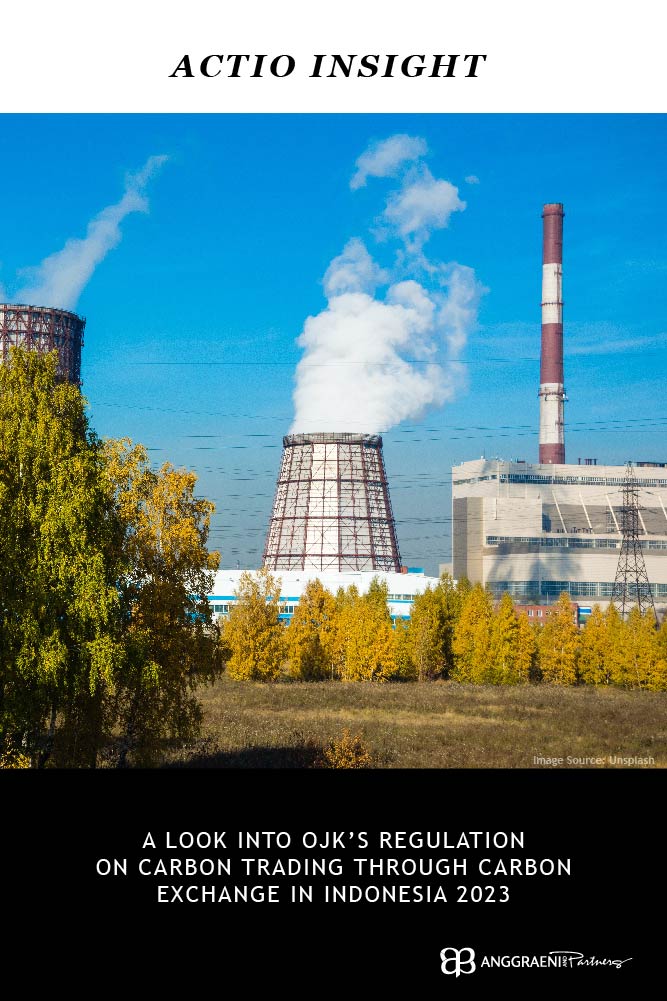- Home
- Capabilities
- ACTIO® Hub
- About Us
- Connect with Us
- AP Library
Indonesia the rules regarding the restriction of former corruption inmates who register as candidates for legislations are contained in Article 4 paragraph 3 of the General Election Commission (“kPU”) Regulation number 20 of 2018 regarding the nomination for members of the DPR, Provincial DPRD, District and City dated July 3, 2018 and Article 60 letter j KPU Regulation number 26 of 2018 regarding the Second Amendment to KPU Regulation number 14 of 2018 concerning the Nomination of Election Participants for Members of the Regional Representative Council (DPD) (“kPU regulation”).
However, these two KPU regulations run contrary to Article 240 paragraph 1 letter g Law of Republic of Indonesia number 7 of 2017 concerning General Elections (“Election Law”) which states that former corruption inmates who have served a sentence of five years or more can nominate themselves as long as the KPU makes an announcement to the public that the person has been imprisoned. Corruption is an extraordinary crime, and therefore it is natural that KPU plans to provide stricter rules. However, the rules seem inconsistent in both practice as well as other Laws and Regulations.
Furthermore, several articles concerning these restrictions were submitted by to the Supreme Court for a judicial review resulting in decision No. 46 P / HUM / 2018 and decision number 30 P /HUM / 2018 dated September 13, 2018. The Supreme Court granted the petition and ruled that former corruption inmates can still nominate themselves as DPR / DPRD and DPD legislative members in the upcoming elections upon certain conditions.
In its consideration, the Panel of Judges stated that the prohibition for former corruption inmates to run for legislative members as regulated in KPU Regulations was contrary to the Election Law which had a higher position in the legislation hierarchy.
In Article 240 paragraph 1 letter g and Article 182 letter g the Election Law states that former prisoners who have served five years or more can register as legislative candidates, provided that the KPU as the election organizer announces legal cases that have ensnared them to the public first, in this case a corruption case.
Thus, based on the Election Law, former corruption inmates can still nominate themselves as legislative members of the DPR / DPRD or DPD in the upcoming elections after announcing about their case to the public first.
It bears noting that this year’s election included 49 (forty-nine) legislative candidates who were former corruption inmates. Based on the Election Law there is no further regulation regarding the procedure for the announcement referred to in Article 240 paragraph 1 letter g and Article 182 letter g.
However, in practice, the KPU, as the election organizer, has announced the names of legislative candidates who are former corruption inmates on the KPU website, and these names have been disseminated by other electronic media.
Considering there are still many regions in Indonesia that are still not reached by the internet network, KPU plans to announce legislative candidates who have the status of former corruption inmates on every place of election (TPU) during the election.
The judge’s decision to grant the petition for judicial review in cases above was considered appropriate because the right to vote and the right to be elected as a member of the legislative is a basic right in the political field guaranteed by the Constitution, namely Article 28 of the 1945 Constitution of the Republic of Indonesia. Political rights also stipulated in Article 43 paragraph (1) of Law Number 39 of 1999 concerning Human Rights states “Every citizen has the right to vote and to be elected in general elections based on equality of rights through direct, general, free, confidential, honest voting and fair in accordance with the provisions of legislation.”
A person’s political rights can only be revoked through a judge’s decision as an additional punishment that obtains permanent legal force in accordance with the provisions stipulated in Article 18 paragraph (1) letter d of Law Number 31 of 1999 concerning the Eradication of Corruption Crimes. So, if the political rights of former corruption inmates have not been revoked by the verdict of the Judge, the former corruption inmates have the right to nominate himself as a member of the legislative while still subject to the provisions in the Election Law. DGM/HES


